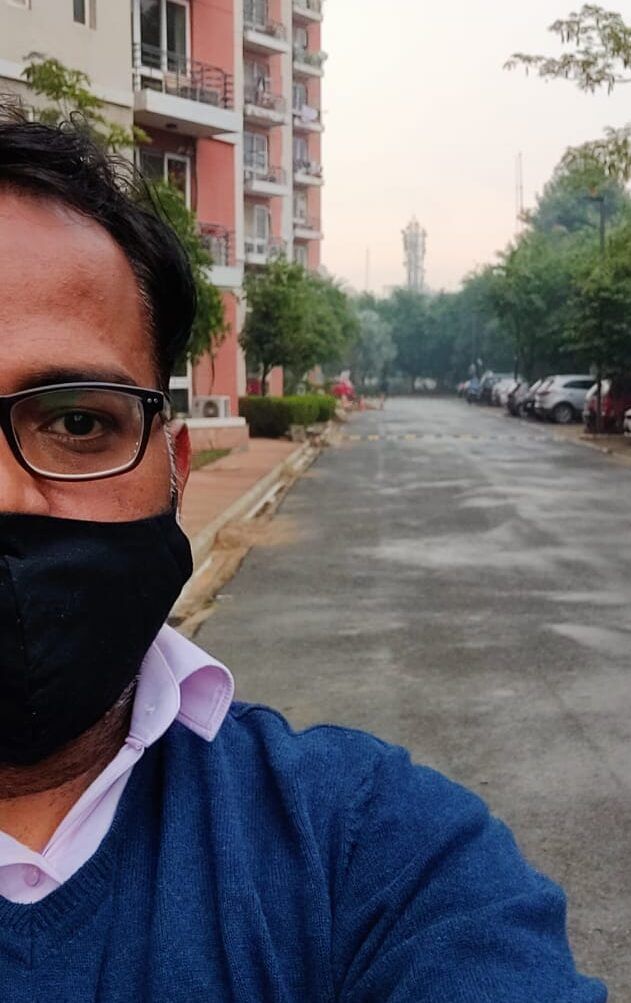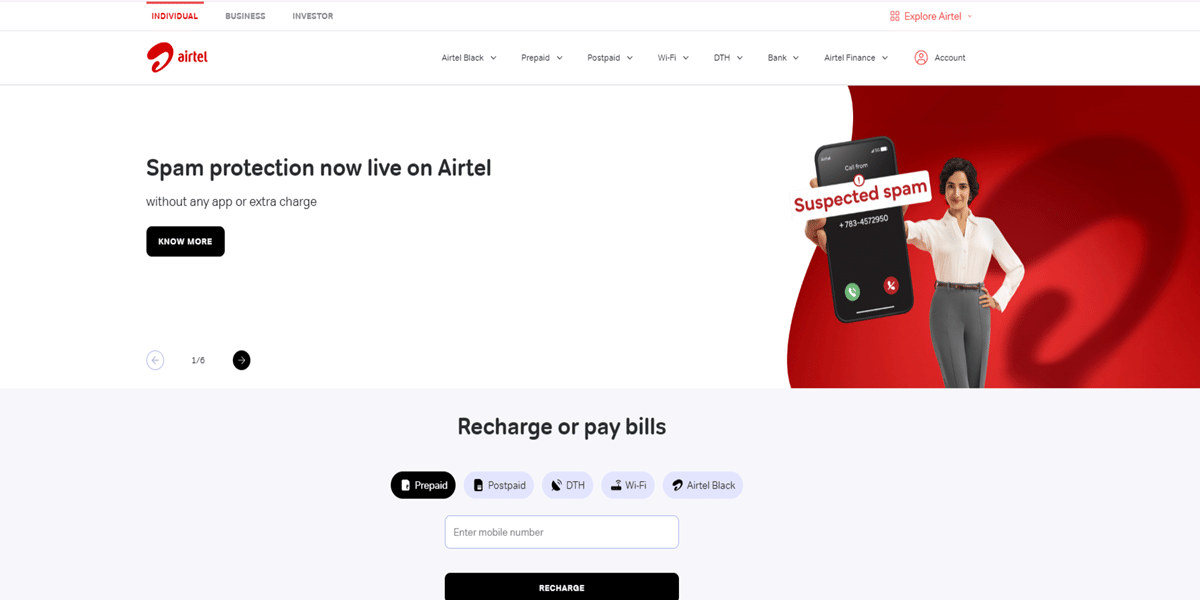Also Read: Coronavirus Impact On The Smartphone Industry
Scammers and fraudsters have found this as an opportunity to defraud their unsuspecting victims using emails, text messages, social media posts, online advertisements and phone calls. Following are some tell-tale signs of fraud and how you can prevent yourself from being a victim of them.
- One of the major sources of such scams is nuisance messages that are widely seen on social media and WhatsApp spreading misinformation such as false orders or news sent by the Government. These messages often prompt victims to click on a link that takes them to what seems to be an official website that asks for personal information. Be sceptical if you receive any such WhatsApp message about coronavirus and do not to open any such links that seem out of character.
- Another source of scams is fraudulent emails in which the sender claims to be offering face masks, hand gel and other cleaning staples that in reality will never arrive. Due to shortage of resources, many people blindly reveal all their information full name, address, date of birth and even pay for it as an advance ending up disclosing their email passwords, debit and credit card details.
- Phishing emails also include leads to financial scams by pressurising people into donating money. Thus, it’s advised to never make donations by card gift card, or send money through transfer agents to any unknown or suspicious organization other than government aided ones.
- Always report scams and other fraudulent SMS texts to your carrier asking them for more information about the authenticity of the message and the sender.
- You can also block these senders yourself with the help of built-in tools that tend to block messages and calls from specific numbers.
- Fraudsters knocking at your doors claiming to be from NGOs and other government authorities often trap scared citizens by claiming to offer tests for Covid-19. Always do complete verification before conversing with them further.
How to recognize fraudulent messages and scam emails
You need to look out for various clues that tip you in identifying such types of messages.
- Any email or message seeking personal information or login information is a phishing scam.
- Hovering over links will reveal the website it is directing to. Try to avoid any links that seem out of the ordinary.
- Always check for grammatical and spelling errors as phishing are often clumsy and has lots of typos.
- Avoid responding to emails with no or irrelevant accounts and even those which start with ‘Dear Sir’ or ‘Dear Customer’.
In the end, just be aware and do not blindly follow or take any message or post for granted without making any confirmation or other preventive measures.
Also Read: Germs On Smartphones? How To Sanitise And Keep It Clean During Covid-19













































